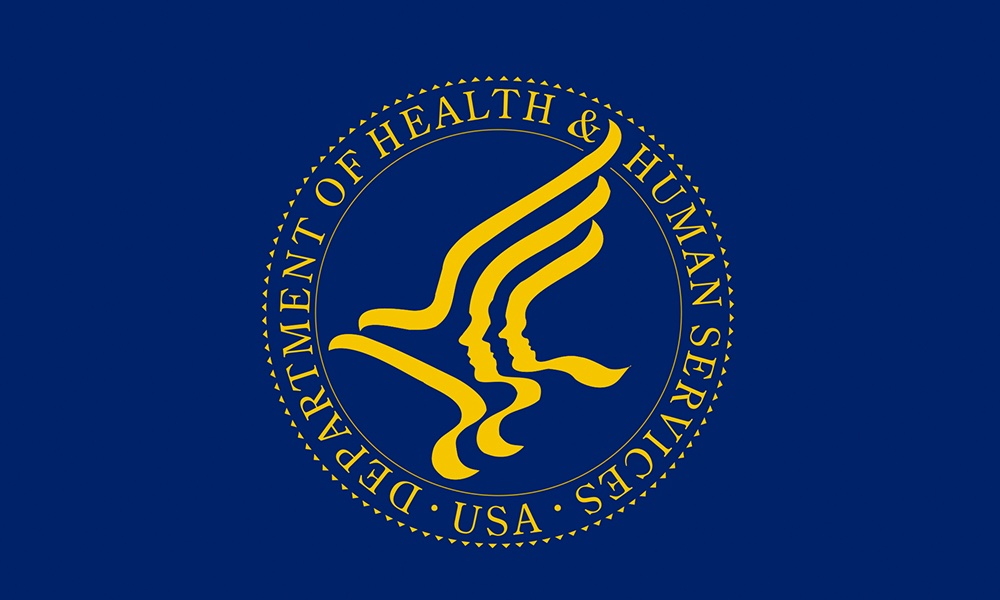Low doses of antibiotics have been used to fatten up livestock for the market for over 50 years. It appears they are also fattening up our children, according to two new studies from NYU Medical School.
Researchers in one study administered small non-therapeutic doses of antibiotics to young mice, much the same as these antibiotics are fed to cattle, poultry and other livestock. After about six weeks, the mice that were fed the antibiotics had put on 10-15% more fat than mice that were not fed the antibiotics.
The fat gain in the mice appeared to be caused by changes in the population of the mice gut bacteria.
In a second study, another team at NYU looked at children who had received antibiotics early in life. Those who had been given antibiotics between birth and 5 months of age were almost 25% more likely to be overweight than those who didn't receive antibiotics. Older children, those who were given antibiotics between the ages of 6 months and 14 months did not show an increase in body fat based on height and weight (their body mass index or BMI) compared to those who did not receive antibiotics in the same time period.
According to principal investigator in the first study on mice, Martin J. Blaser, "The rise of obesity around the world is coincident with widespread antibiotic use, and our studies provide an experimental linkage. It is possible that early exposure to antibiotics primes children for obesity later in life."
Use of antibiotics has continued to increase ever since World War II. On average, children in the U.S. now have one course of antibiotics per year every year, a course that often isn't necessary. And the widespread use of antibiotics in meat animals means that there's also an ever-increasing amount of antibiotics present in the environment, which children are also exposed to.
Concerns over antibiotic overuse have mostly focused on how it can make disease-causing bacteria become antibiotic-resistant. The NYU study raises a new worry. "We typically consider obesity an epidemic grounded in unhealthy diet and exercise, yet increasingly studies suggest it's more complicated," said Dr. Leonardo Trasande, co-leader of the child study and an associate professor of pediatrics and environmental medicine, in an NYU news release.
The fat gain in the mice appeared to be caused by changes in the population of the mice gut bacteria. While the antibiotic doses were subclinical--below the amount needed to kill bacteria--they do cause changes in the overall population of gut bacteria.
There are over 10,000 different species of microorganism living in the human gut, a true microbial menagerie. Collectively they're called intestinal flora, the gastrointestinal microbiome or just sometimes plain gut bacteria (though there are microorganisms other than bacteria present). The balance and interplay among all these species has a profound effect on our health.
The intestinal woes many people experience after taking a week's course of antibiotics are one example of this. Scientists are just beginning to grasp how potent a force for disease or health specific changes in the gut microbiome can be and are hoping to use this understanding to manipulate it in beneficial ways.
Dr. Blaser, Frederick King Professor of Medicine and chair of the Department of Medicine at NYU Langone Medical Center and an investigator on both studies, notes that the idea that antibiotic exposure in childhood may pave the road to obesity is only a theory and more research is needed to confirm it: "We're still learning how far the impact of the microbiome reaches and the costs of perturbing it."
An article on the study on mice was published online in Nature. The study of children appears in the International Journal of Obesity.




